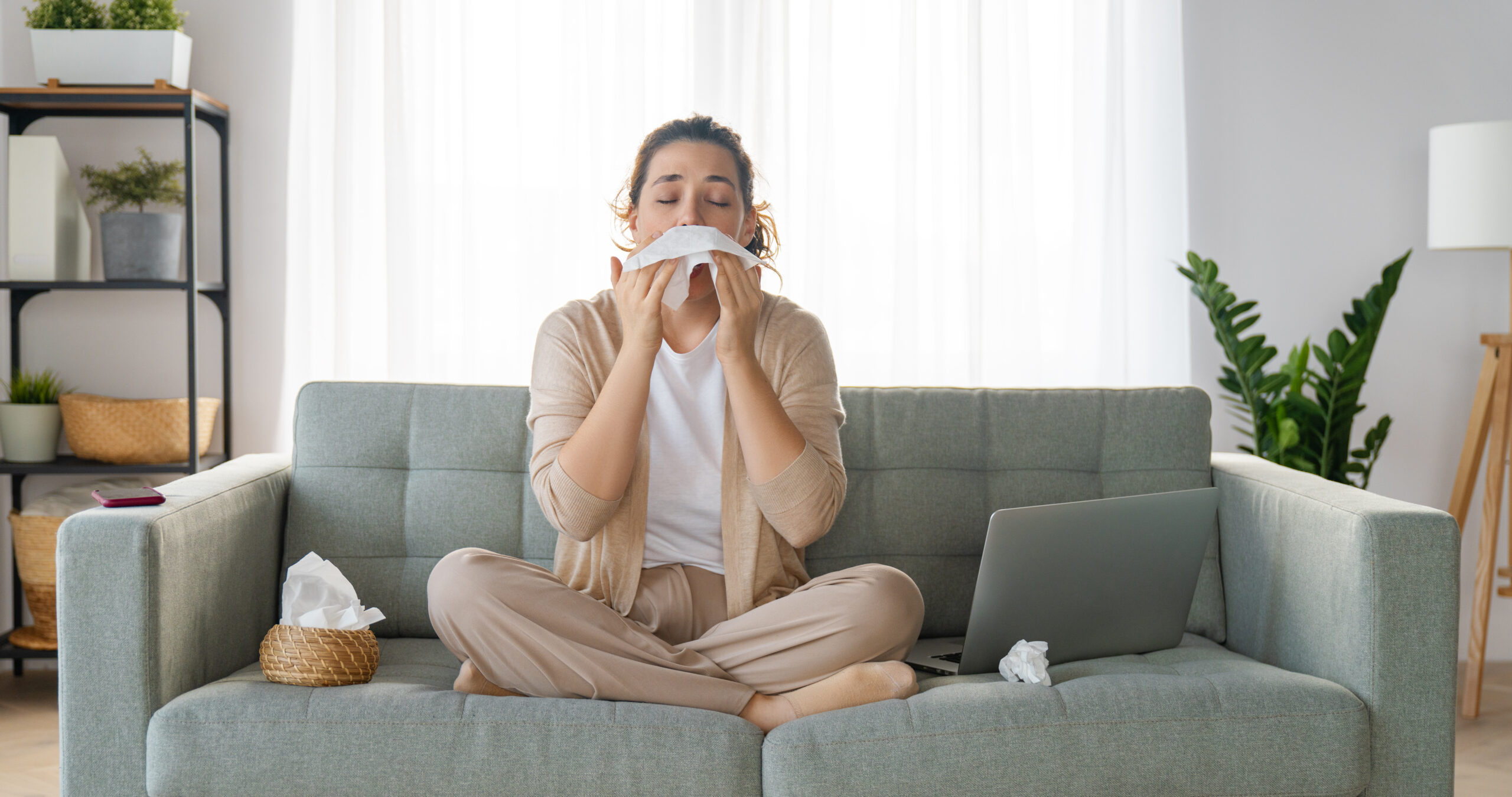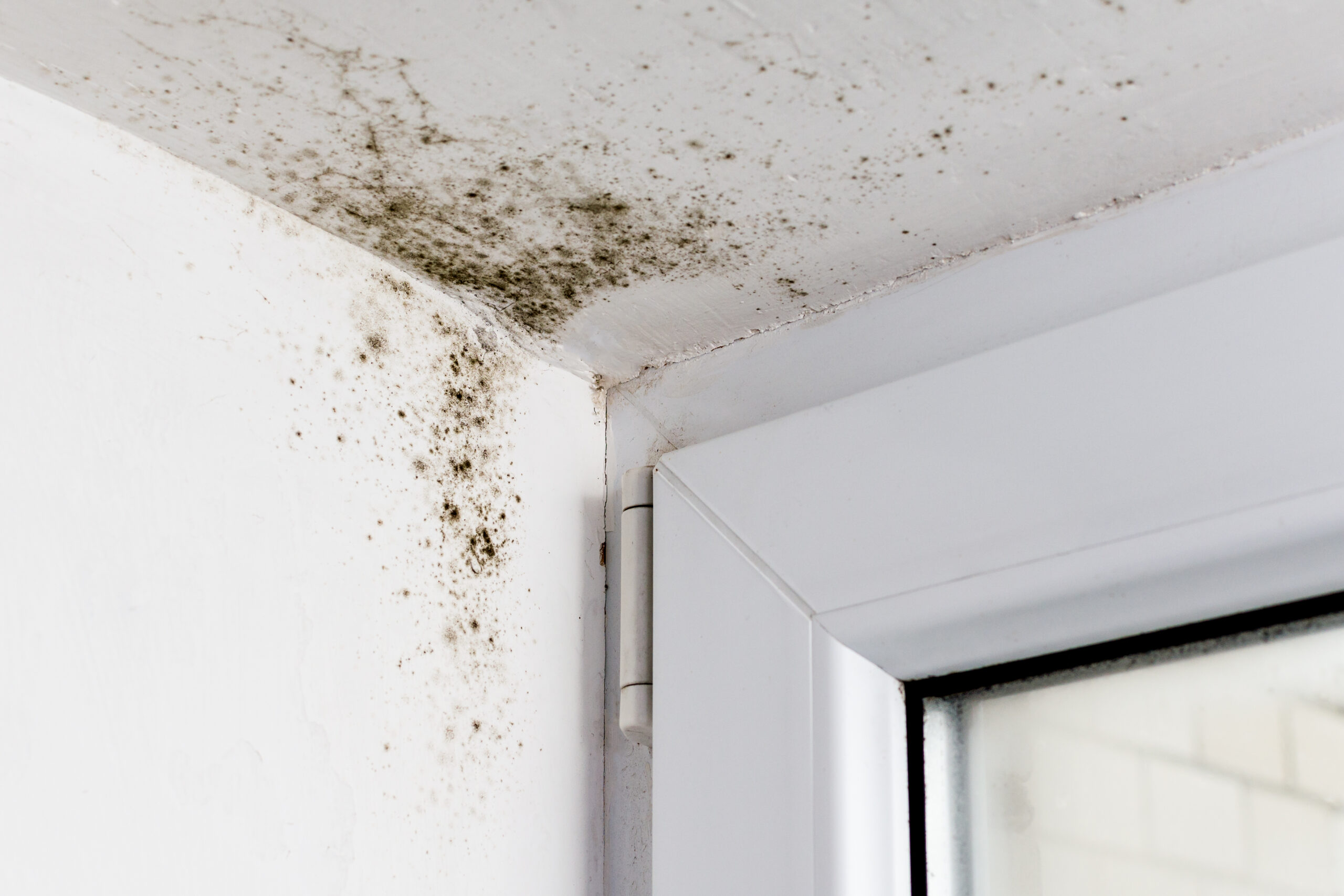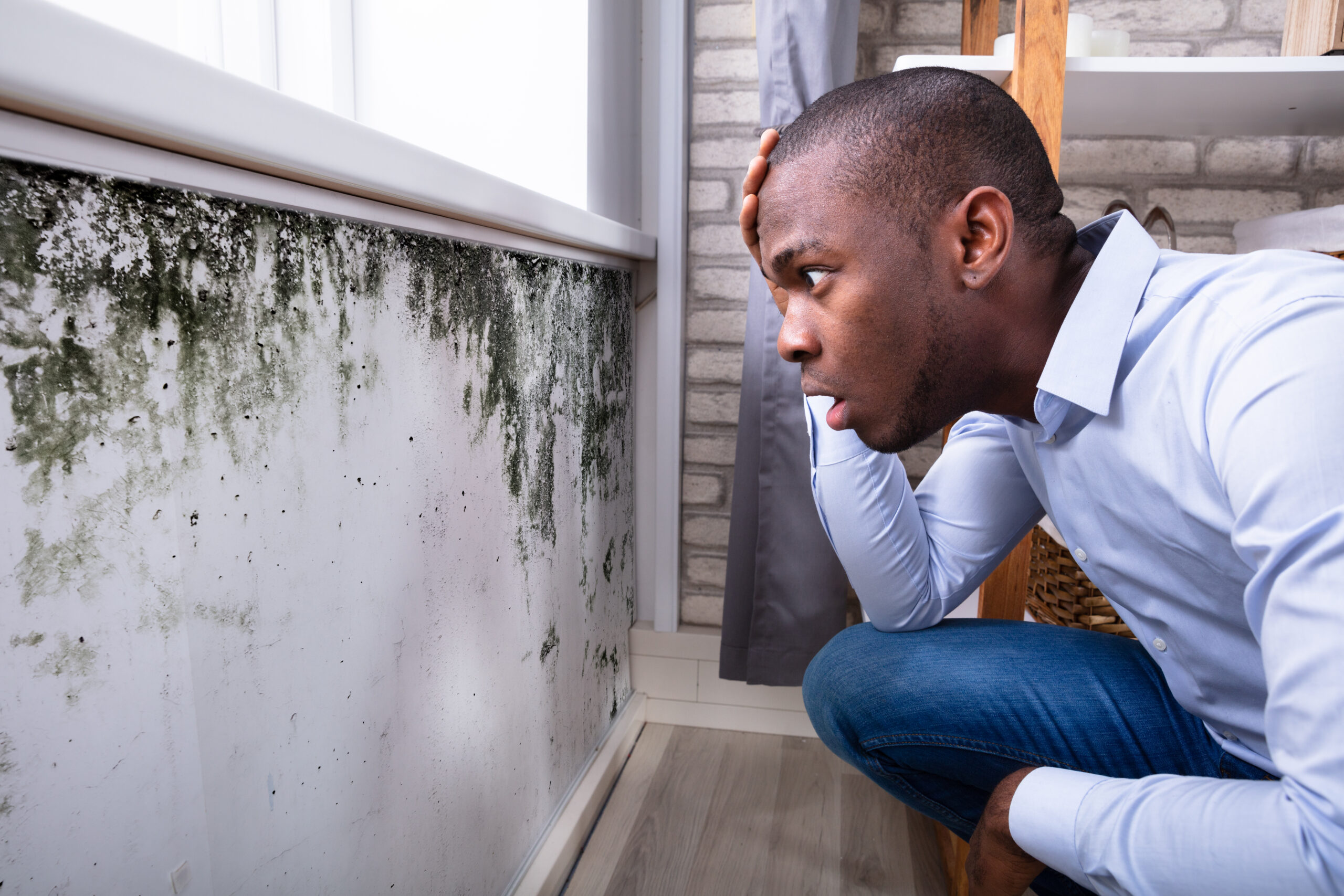You work hard to keep your home clean, safe, and comfortable, but one hidden threat often slips through the cracks: mold. Thanks to Florida’s humidity, heavy rains, and warm climate, mold can grow quickly and silently behind walls, under floors, or inside HVAC systems—often without you knowing.
While surface mold might look minor, the health effects of mold exposure can be anything but. Mold is linked to a range of issues, from mild allergic reactions to more serious respiratory and neurological symptoms. In fact, there are four primary ways mold can impact your health: allergic responses, irritant effects, infections, and in some cases, toxic reactions.
If you live in Florida and suspect mold exposure, here are 10 warning signs your body may be giving you. (According to FloridaHealth.Gov& Indoor Mold & Health)
1. Nasal and Sinus Irritation
One of the most common signs of mold exposure is allergic nasal reactions. This can include sneezing, runny nose, nasal congestion, or sinus pressure. If these symptoms persist indoors and improve when you’re outside, mold could be the cause.
2. Itchy or Red Eyes
Watery, red, or itchy eyes—especially when indoors—can point to airborne mold spores. This is an allergic reaction that many people mistake for seasonal allergies, but in Florida’s mold-prone climate, indoor exposure is more likely than you think.
3. Skin Rashes or Burning
Some individuals develop rashes, redness, or a burning sensation on the skin after coming into contact with mold or its spores. If you’re getting mystery rashes with no known cause, mold might be the culprit.
4. Persistent Coughing or Wheezing
Mold spores can irritate the respiratory system, especially in people with asthma or other lung conditions. A dry, hacking cough or wheezing that doesn’t improve may indicate that mold is affecting your air quality.
5. Shortness of Breath
Along with coughing and wheezing, difficulty breathing is a red flag—particularly for those with pre-existing respiratory issues. Mold can exacerbate asthma symptoms or create breathing challenges in sensitive individuals.
6. Chronic Fatigue
Feeling tired all the time despite rest? Mold exposure has been linked to chronic fatigue, as your immune system may be constantly battling unseen mold-related triggers.
7. Frequent Headaches
Headaches that seem to come and go without explanation—especially when you’re inside your home—can be another symptom of mold toxicity.
8. Brain Fog and Memory Problems
Some individuals exposed to mold report difficulty concentrating, memory lapses, or a general “foggy” feeling. These neurological effects are still being studied, but the link between mold and cognitive issues is gaining attention.
9. Mood Swings or Anxiety
Exposure to environmental toxins like mold may affect the central nervous system. If you’ve experienced recent changes in mood, irritability, or anxiety without a clear reason, mold could be influencing your mental health.
10. Digestive Issues
Some people also report stomach pain, nausea, or changes in bowel habits when dealing with mold-related illnesses, although this symptom is less common.
What to Do If You Suspect Mold!!!
If you’re experiencing one or more of these symptoms, especially inside your Florida home, take action:
Look for mold hotspots: Check areas with moisture or musty odors—bathrooms, HVAC systems, attics, and under sinks.
Consult a healthcare provider: A doctor can help identify whether your symptoms may be linked to mold exposure.
Call a professional mold remediation company: DIY solutions often miss hidden mold. A licensed expert can locate and safely remove mold from your home.
Don’t wait until symptoms worsen—Florida’s climate makes mold exposure a real health risk. If your body is sending warning signs, it’s time to investigate. Call MOLD ZERO if you suspect a mold issue. Our experienced team will come out and do a visual inspection to find any source of mold. Call (727) 900-7202 or reach us online.




